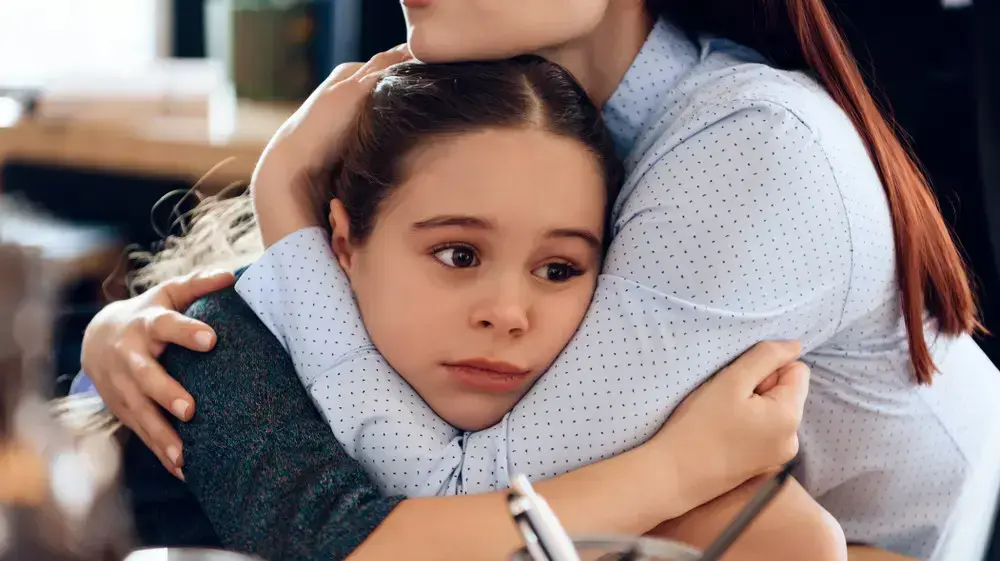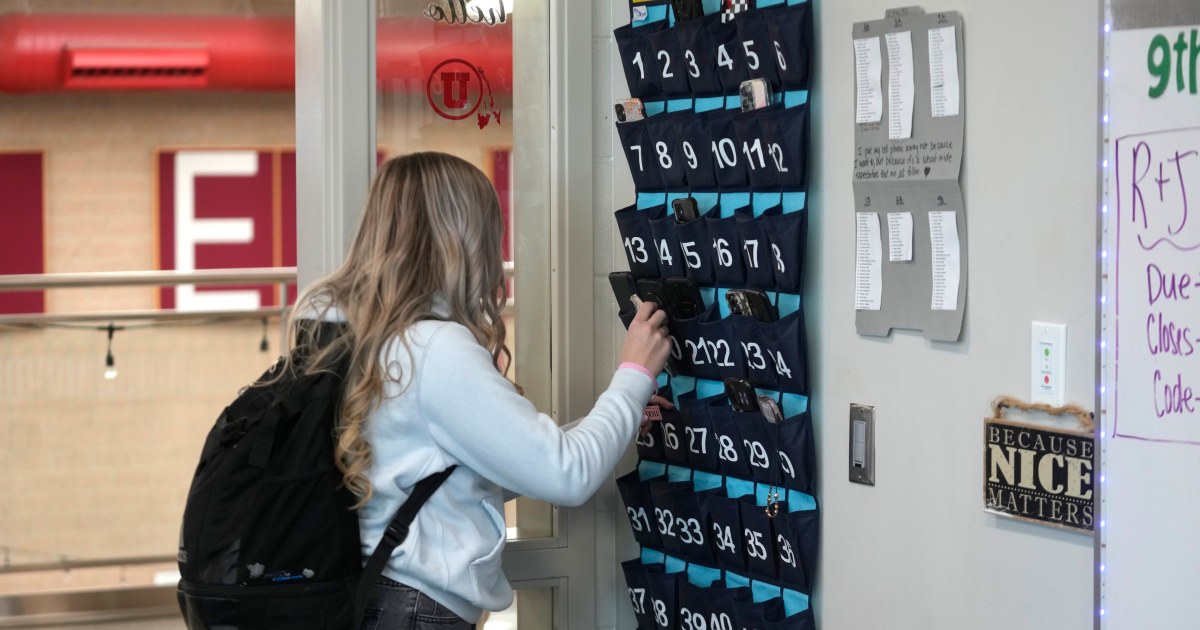How to tell children that their parents are divorcing?
Instructions
Any couple who decides to divorce is anxious from the moment he is forced to tell the children that life as they know it is about to change.
But despite the fear, this conversation is very important and can prevent future trauma.
This is how you will do it right
Walla!
health
10/12/2021
Friday, 10 December 2021, 07:58
Share on Facebook
Share on WhatsApp
Share on Twitter
Share on Email
Share on general
Comments
Comments
Stepfather: Disney's New Complex Family Campaign (Disney PR)
A breakup period is often difficult and sometimes even traumatic for the separated couple.
The emotional difficulty, and with it the preoccupation with technical separation and legal issues, draws the most resources and time.
And as if that is not difficult enough, at the same time there is a need to deal with the children, who are about to enter a challenging and different period as well.
More on Walla!
The Corona period made you think of divorce?
You should read this
To the full article
One of the most difficult moments for parents is the conversation in which children are officially informed of the separation.
This conversation is flooded with emotional difficulty and lots of guilt, but if done after preparation and planning, alone or with the help of a suitable professional, it can be an important milestone that will make it easier for children to perceive the breakup as as traumatic as possible.
Studies suggest that the way divorce is conducted has a direct effect on the intensity of the upheaval that children will experience.
So how do you do it right?
Here are some tips that may facilitate the preparation and planning for this conversation and can be very helpful in managing it in the best way for parents and children.
How long before the breakup does the conversation take place?
Children, just like us, strive and love to feel safe and quiet in the familiar and known to them.
The breakup is a significant change in their lives, so on the one hand it is advisable to conduct the conversation before the physical breakup, in order to give the children time to digest and prepare for the change, however not long before.
The waiting time for separation creates uncertainty and therefore it is recommended to have the conversation close to the time of one of the parents' physical departure from the residence, about two to three weeks before.
"The family does not fall apart but changes its shape."
Mother hugs a girl (Photo: ShutterStock)
In the name of the same certainty, it is recommended during the conversation to know as many agreed details through them as possible to describe their new life, such as, on what days they will go to which parent, how the transitions will take place, where the spouse will live, photos of the apartment. Hands and more.
What is the right timing for such a conversation?
The advantage of a pre-planned call is the ability to choose the best time and place.
Choose a calm time, when the children are not too tired, in a familiar, comfortable place and with as few external disturbances and stimuli as possible.
What exactly are they saying?
It is desirable that both parents be present at the conversation and take an active part in it.
In addition, it is worthwhile to make early preparation for the conversation, agreeing on a uniform message and even division of roles that may make it easier for the parents emotionally.
It is advisable to convey the message that the decision to separate is not related to the children, as well as that the love and care for them will not change.
Despite the complexity involved, it is worth telling children why parents are divorcing, but in a way that is appropriate for their age and understanding.
There is no uniform formula and parents need to find the way they connect in a general explanation that explains the difficulty of parents staying together in one house, such as "we do not get along", "so that we all have better we decided to live in two separate houses" and the like.
More on Walla!
How do you prepare the children for chapter two of one of the parents?
It has no vaccine: what did the corona do to our relationship?
More money in the account: Where is the most profitable to open a savings plan?
It is better for children to hear that the decision to separate is a joint one and that there is no "bad" or "good" parent in order not to create a child custody conflict with one of the parents and damage their relationship.
Therefore, it is not advisable to specify to the children who initiated the divorce, or why it is happening and settle for an understandable and logical reason appropriate to their age.
The messages should be conveyed clearly and practically and reflect honestly but encouragingly that "the family is going to go through a big change. It will not happen in one day, but we will get through it, even if it will not be easy at first. The family does not fall apart but changes its shape."
It is important to emphasize that this is neither a secret nor a shame.
It will be easier for children if they knew they could tell a close person so that they would not feel alone and would not interpret the breakup as shameful or embarrassing for them.
What reactions of the children should you prepare for?
During and after the conversation there is a chance for a wide range of reactions such as crying, sadness, outbursts of anger, apparent indifference, disengagement, interruptions, laughter and more.
You should prepare for this in advance and be in an inclusive being.
Every response is fine and should be received with empathy and warmth.
The conversation itself is just the beginning of the confrontation.
A crying child (Photo: ShutterStock)
It is important to understand that the conversation itself is just the beginning of coping, and it is advisable to continue to encourage children to talk openly about the feelings, fears and feelings of helplessness or frustration they feel and to be an emotional anchor for them to contain the emotions and questions that come.
Follow-up conversations, with all the children and with each of them separately, will improve the process of processing and permeating the changing reality.
Adv. Elia Tal is a mediator in divorce and the director of the mediation study program at the Adler Institute
health
parenthood
Tags
Divorce
breakup
parenthood
Children


/cloudfront-eu-central-1.images.arcpublishing.com/prisa/7QU636FY4BGCHIYJHGSNPBQJWI.jpg)
/cloudfront-eu-central-1.images.arcpublishing.com/prisa/YU6JYS64KNDZNHHGXA3QMTYNGY.jpg)










